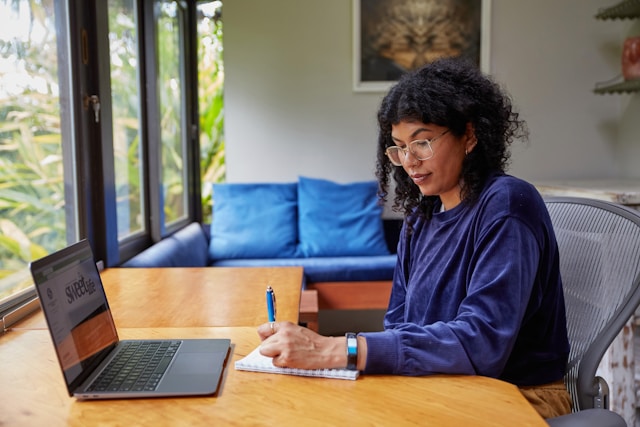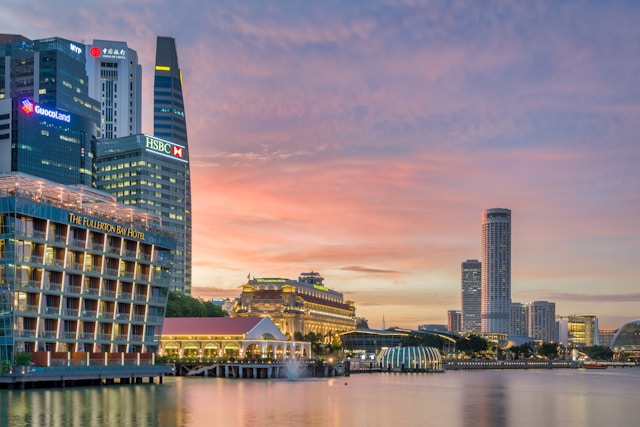Did you know that Singapore ranked 26th in Remote’s Global Life-Work Balance Index 2024? While this reflects progress, many Singaporeans continue to struggle with maintaining a healthy balance between professional and personal life.
According to a 2022 study by recruitment agency Randstad, seven out of 10 Singaporeans reported poor work-life balance, primarily due to overwhelming workloads. By 2023, 41% of employees expressed intentions to leave their jobs in search of better work-life harmony.
Among these employees, burnout remains a pervasive issue. A 2022 study by NTUC’s U Women and Family Unit revealed that 78% of respondents felt burnt out at work, largely due to the normalization of hybrid and remote work setups during the pandemic. This could stem from blurred boundaries between work and home or the lack of a conducive workspace.
Interestingly, some experts argue that the concept of work-life balance is evolving. Instead of compartmentalizing work and personal life, a growing perspective views them as fluidly interconnected, blending into a single holistic experience.
SNAPSHOT OF SINGAPORE’S WORK-LIFE BALANCE

Image Credits: unsplash.com
Based on the Manpower Research and Statistics Department’s survey, the Prevalence of Work-Life Harmony Initiatives in Singapore 2022 report highlights these key findings:
1. Rising Demand for Flexible Work Arrangements (FWAs)
Flexible work is no longer a perk but a priority. The proportion of employees requiring FWAs rose from 39.5% in 2012 to 53.6% in 2022. Employers have made significant strides, with 84.1% of employees requiring FWAs receiving them in 2022, compared to 58.6% in 2012. Furthermore, employees are increasingly willing to decline or leave roles if FWAs are unavailable.
2. Accessibility of Non-Statutory Leave (NSL) Benefits
NSLs remain widely accessible. In 2022, 93.6% of employees requiring at least one type of NSL received it, maintaining consistency with previous years.
3. Enhanced Annual Leave Entitlements
Generous leave entitlements have become a norm, especially in competitive industries. 64.7% of full-time resident employees enjoyed 15 or more days of annual leave in 2022, exceeding statutory requirements.
ACHIEVING BETTER WORK-LIFE BALANCE

Image Credits: unsplash.com
Reclaiming the balance in your life is possible by following these actionable strategies:
a. Set Boundaries: Establish clear work hours and communicate them to coworkers, family, and supervisors. Personally, I do not encourage answering work calls beyond work hours.
b. Take Breaks: Incorporate regular pauses to sustain focus and avoid burnout.
c. Prioritize Well-Being: Dedicate time to self-care practices like yoga, exercise, or meditation.
d. Delegate Tasks: Lighten your workload by assigning responsibilities where possible.
e. Say No: Be firm when declining tasks that compromise your balance.
f. Take Vacations: Use your leave to unplug and to try new things. This is my favorite way to recharge.
g. Open Communication: Discuss workload concerns openly with your employer or manager.
h. Encourage a Help-Seeking Culture: Foster an environment where seeking assistance is seen as a strength, not a weakness.
Work-life balance is more than a buzzword…it’s essential for sustaining mental and emotional health in today’s demanding professional landscape. So, don’t feel guilty about taking a well-deserved break before the year ends.







